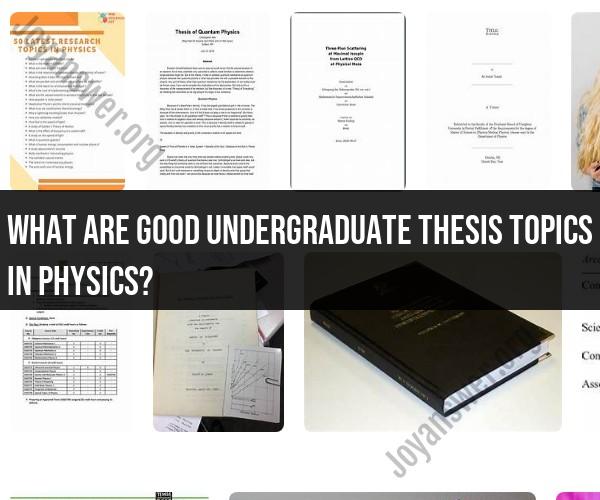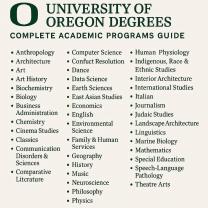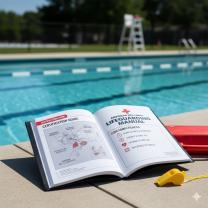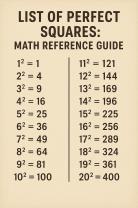What are good undergraduate thesis topics in physics?
Selecting a good undergraduate thesis topic in physics is essential as it can significantly impact your academic and research experience. When choosing a topic, consider your interests and the resources available at your institution. Here are some engaging undergraduate thesis topics in physics across various subfields:
Quantum Computing and Information Theory:
- Investigating the principles and applications of quantum algorithms.
- Analyzing quantum error correction codes and their role in quantum computing.
Astrophysics and Cosmology:
- Studying the properties of exoplanets and their potential habitability.
- Exploring dark matter and dark energy in the context of the universe's expansion.
Condensed Matter Physics:
- Investigating the behavior of superconductors and their applications.
- Researching topological insulators and their unique electronic properties.
Nuclear Physics:
- Studying nuclear reactions and their implications for astrophysics.
- Analyzing the properties of exotic nuclear states.
Particle Physics:
- Investigating the Higgs boson and its role in the Standard Model.
- Exploring neutrino oscillations and their implications for particle physics.
Biophysics:
- Analyzing the physical principles underlying biological systems.
- Studying the mechanics of cell migration or protein folding.
Plasma Physics:
- Researching nuclear fusion as a potential clean energy source.
- Investigating space plasmas and their impact on space weather.
Materials Science:
- Exploring the properties of advanced materials like graphene or metamaterials.
- Investigating the use of materials in renewable energy technologies.
Acoustics and Optics:
- Researching novel optical phenomena or devices, such as quantum optics.
- Analyzing acoustics in complex environments, like underwater acoustics.
Experimental or Theoretical Physics:
- Developing and conducting your own experiments or simulations.
- Investigating a specific problem or hypothesis within a subfield of your choice.
Science Communication:
- Creating educational materials or videos to explain complex physics concepts to the public.
- Conducting surveys or studies on the effectiveness of science communication strategies.
History and Philosophy of Physics:
- Exploring the historical development of a specific physics theory or concept.
- Analyzing the philosophical implications of quantum mechanics or relativity.
When choosing a thesis topic, it's important to consult with your academic advisor or professors who can provide guidance and support. Additionally, consider the resources and equipment available at your institution, as some topics may require specific experimental setups or computational resources. Ultimately, the best thesis topic is one that aligns with your interests and allows you to delve deep into the subject matter.
Exploring Undergraduate Thesis Topics in Physics
There are many exciting and diverse topics that you can choose for your undergraduate thesis in physics. Here are a few tips for exploring your options:
- Talk to your professors. They can discuss your interests and expertise, and suggest topics that would be a good fit for you.
- Read recent physics journals and articles. This will give you a good sense of the latest research in different areas of physics, and help you to identify topics that you are interested in.
- Attend physics conferences and workshops. This is a great way to learn about new research and meet other physicists who are working on topics that you are interested in.
- Talk to other undergraduate students who have completed physics theses. They can share their experiences and give you advice on choosing a topic and conducting research.
Here are a few examples of undergraduate thesis topics in physics:
- Experimental physics:
- Building and testing new experimental devices
- Studying the properties of materials
- Measuring physical constants
- Theoretical physics:
- Developing new theories to explain physical phenomena
- Using computer simulations to model physical systems
- Applying mathematical methods to physics problems
- Computational physics:
- Developing and using computer codes to solve physics problems
- Analyzing data from experiments and simulations
- Visualizing physical systems
Selecting a Research Focus for Your Physics Thesis
Once you have explored a few different topics, you need to select a specific research focus for your thesis. This can be a challenging task, but it is important to choose a topic that you are passionate about and that is feasible to complete within the time frame that you have available.
Here are a few tips for selecting a research focus:
- Choose a topic that you are interested in and motivated to learn more about. This will make the research process more enjoyable and rewarding.
- Make sure that the topic is feasible to complete within the time frame that you have available. Consider the resources that you will need, such as lab space, equipment, and funding.
- Talk to your thesis advisor about your ideas. They can help you to refine your focus and make sure that it is a good fit for you.
Guidelines for Conducting Physics Research at the Undergraduate Level
Here are a few general guidelines for conducting physics research at the undergraduate level:
- Start by doing a literature review. This will help you to learn about the current state of research in your chosen area.
- Develop a research plan. This should outline your goals, methodology, and timeline.
- Get approval from your thesis advisor. They can help you to make sure that your research plan is feasible and that you have the necessary resources.
- Collect data and analyze it. Be sure to keep careful records of your work.
- Interpret your results and draw conclusions. Discuss your findings in the context of the existing literature.
- Communicate your results. This can be done by writing a thesis, giving a presentation, or publishing your work in a journal.
Mentorship and Resources for Physics Thesis Projects
It is important to have a mentor to guide you through the physics thesis process. Your mentor can provide you with advice, support, and resources.
Many universities have resources available to help undergraduate students with their thesis projects. For example, there may be funding available for research, or there may be a writing center that can help you with your thesis.
Here are a few tips for finding a mentor and resources for your physics thesis project:
- Talk to your professors. They may be willing to be your mentor, or they may be able to connect you with someone who is.
- Contact your university's physics department. They may have resources available to help you with your thesis project, such as funding or access to lab space and equipment.
- Look for research opportunities. Many universities and research labs offer internships and fellowships to undergraduate students. This can be a great way to gain research experience and find a mentor.
Showcasing Undergraduate Thesis Achievements in Physics
Once you have completed your physics thesis, there are a few ways to showcase your achievements:
- Present your work at a physics conference. This is a great way to share your research with other physicists and get feedback.
- Publish your work in a physics journal. This is a more formal way to share your research and get it recognized by the scientific community.
- Enter your thesis into a competition. There are a number of competitions for undergraduate physics theses. Winning a competition can be a great way to get recognition for your work and boost your CV.












